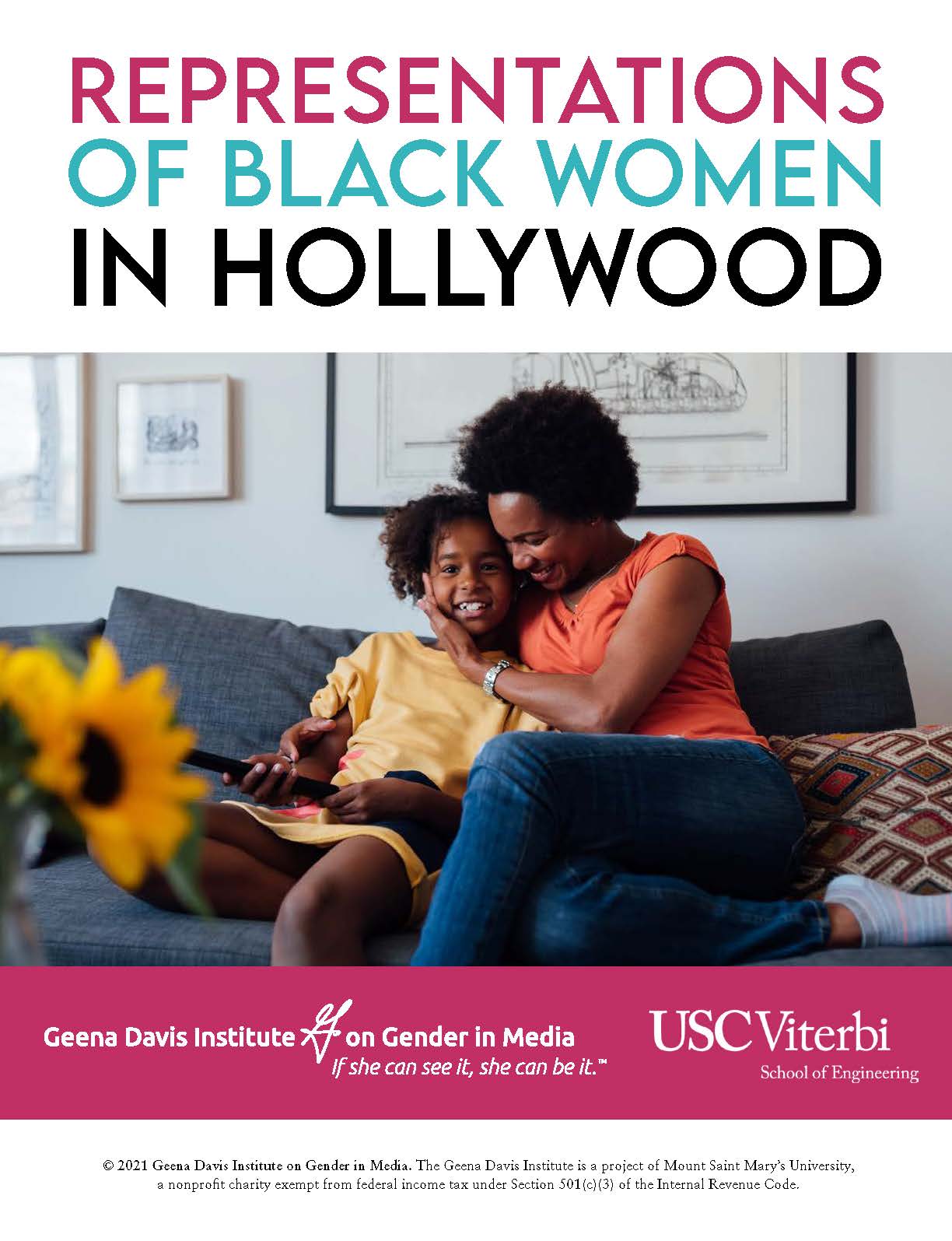Black women have been historically underrepresented in Hollywood, both on screen and behind the camera. To address this issue, the Geena Davis Institute conducted an extensive study, analyzing three key datasets from 2009 to 2019. This study encompasses the representation of Black female leads and characters in major films and family-oriented media.
Study Highlights
- Representation in Top-Grossing Films (2009-2019):
- Black women represented only 3.7% of leads and co-leads.
- 2019 Family Films Insights:
- Black females accounted for 6.1% of all characters and 5.7% of leading roles.
- Family Television Data (2019):
- Representation in leading roles slightly increased to 6.4%.
- Black female characters were depicted in STEM roles more frequently than their white counterparts and were often portrayed as hardworking.
Key Findings
- Female characters were constricted in that they were four times as likely as male characters to have a small body type, nine times more likely to be shown as “stunning,” six times more likely to be shown in sexually revealing clothing, four times more likely to be depicted as partially nude, and five times more likely to be sexually objectified.
- The most common gender tropes or stereotypes for female characters were “The Subservient Wife” and the “Pushy Aunt,” whereas for men it was the “Domineering/Controlling Male.”
- Compared with female characters, male characters were twice as likely to be shown with a paid occupation, to be shown actually working, to be shown as leaders, and making decisions about their future.
- Compared with female characters, male characters were more likely to be shown as smart and nearly twice as likely to be shown as funny.
- Compared with male characters, female characters were more likely to be depicted as married, shown making household decisions, and shown as a caregiver.
Recommendations
- Enhanced Representation:
- Ensure the casting of Black women aligns with, or exceeds, their demographic share in the U.S. population.
- Promote Black women in leadership roles across political, corporate, and scientific sectors.
- Responsible Depictions:
- Avoid stereotypes that hypersexualize or objectify Black women.
- Increase the portrayal of Black women in positive and influential occupations.
- Encourage the depiction of Black women in stable, romantic relationships.

